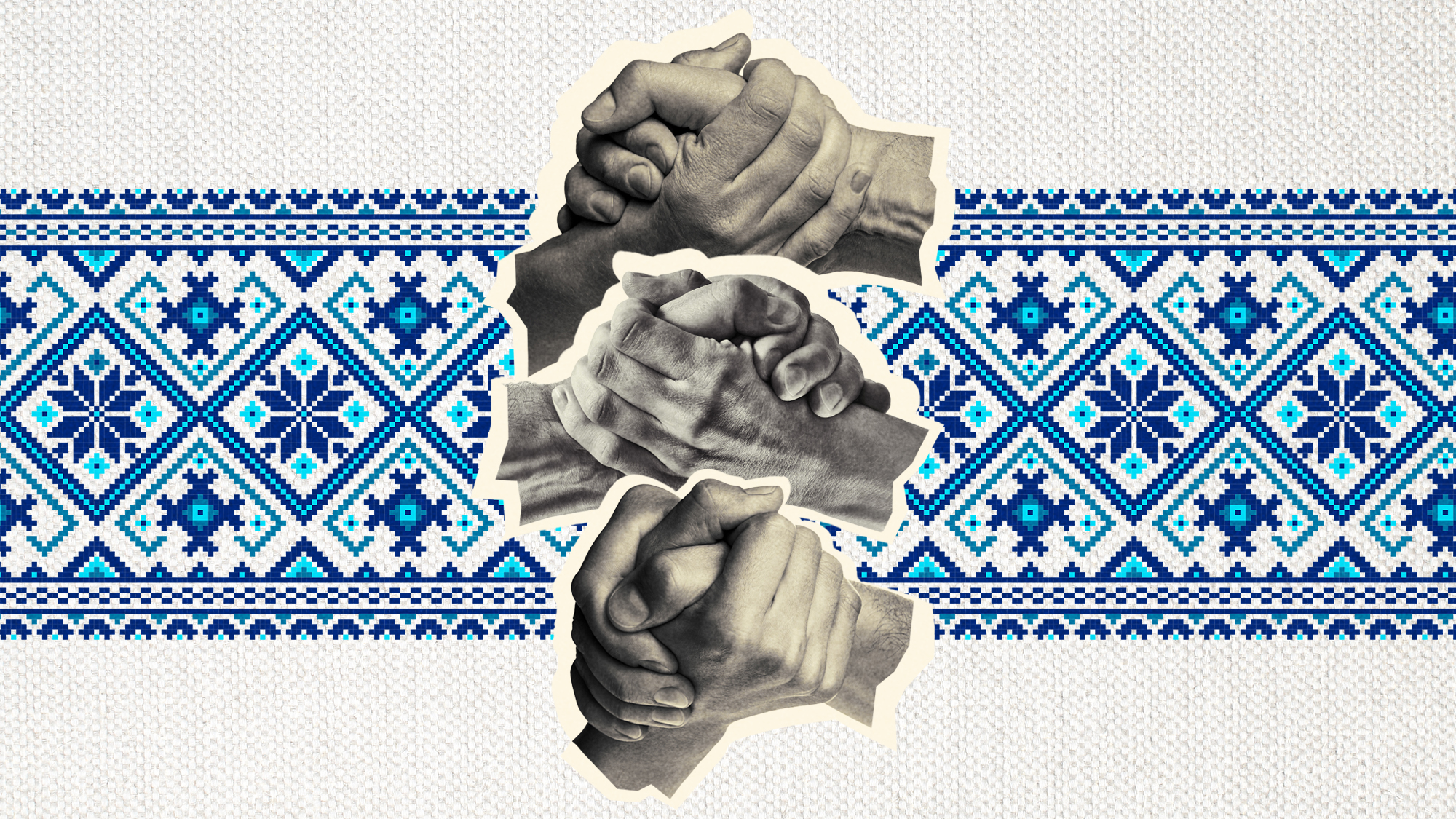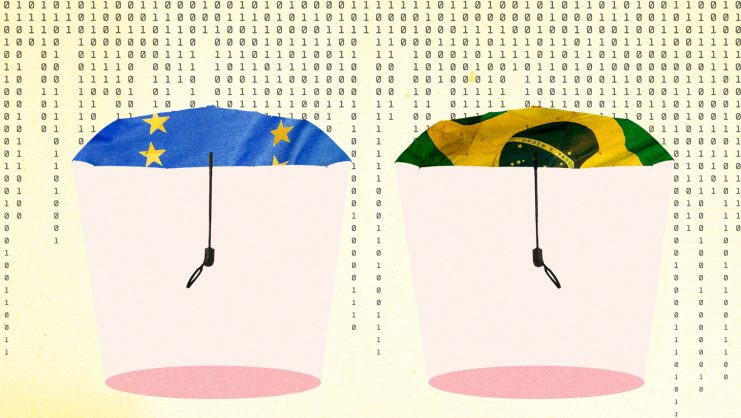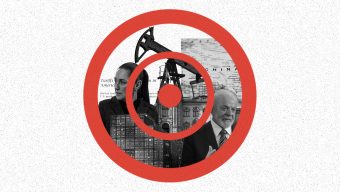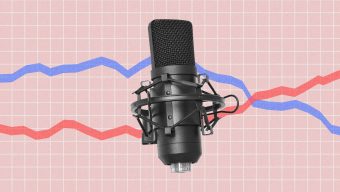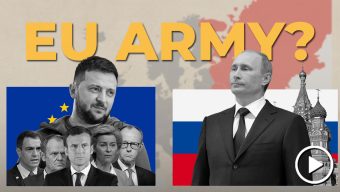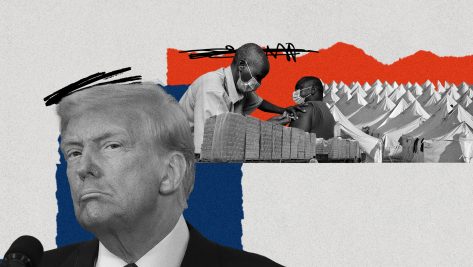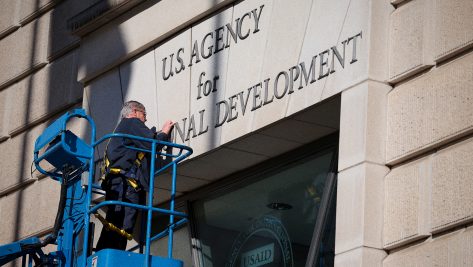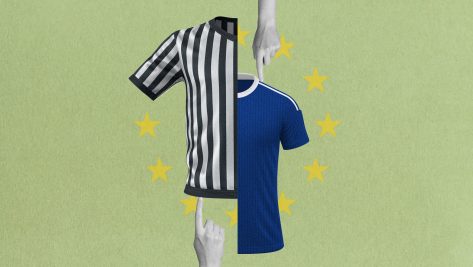Since 2004, Putin has viewed Ukraine as a threat, based on the thought that the Russian population could be influenced by its neighbor’s democratic practices, the pursuit of European integration, and progress toward becoming a normal country. As a result, Putin has allocated substantial resources to destabilizing Ukraine, ultimately leading to a full-scale war. The objective is clear: to prevent Russians from witnessing a successful model of governance and development in the close neighborhood which could prompt them to question why similar progress cannot be achieved within their own country.
The battle against Alexei Navalny stems from similar motivations. Navalny effectively conveyed to Russians the possibility of an alternative vision, of a “Beautiful Russia of the Future” characterized by democracy, freedom, and a decent standard of living for all, rather than just for the usurping privileged elite. His 2017-2018 presidential campaign demonstrated that his appeal extended beyond Moscow, with his ideas resonating widely across Russia’s diverse regions. In response to this threat to his authority, Putin resorted to extreme measures. These included the initial attempted assassination in 2020, followed by Navalny’s imprisonment in 2021, essentially condemning him to a de facto life sentence. A tragic turn of events saw yet another assassination attempt in 2024, which regrettably proved successful.
In 2014, amid the annexation of Crimea and the partial occupation of Donbass, Putin sought to cloak his assault on freedom under the guise of a crusade for the ‘Russian world’. Ukraine’s natural response was to cultivate a ‘Ukrainian world’, fostering national identity while reducing the sway of Russian language and culture. Yet, Putin’s narrative was deceitful. The brunt of his aggression has fallen disproportionately on Russian-speaking Ukrainians. It has become increasingly apparent that Putin’s agenda is not rooted in defending the ‘Russian world’ but rather in advancing his totalitarian empire’s expansionist ambitions.
It’s imperative to move beyond Putin’s imposed narrative of a ‘Russian world versus Ukrainian world’.
In the battle against totalitarianism, the weapon of choice is undeniably freedom. While some draw parallels between the current conflict and World War II, the comparison feels inadequate. Unlike the earlier global confrontation between nation-states —in which the British, Americans, French, and the nations of the Soviet Union fought against the Germans, Italians, Japanese, and their allies— the present struggle between Russia and Ukraine doesn’t align as neatly as Ukrainians versus Russians. Instead, it mirrors a fight for independence akin to a former colony asserting itself against its imperial oppressor. A parallel can be drawn with the American War of Independence against British rule, where the objective was not to eradicate English language or culture but to secure freedom. Under this banner, they rallied people of diverse nationalities living in the British colonies, uniting them in their quest for independence. The outcome was a state that surpassed the former metropolis in wealth and strength. If we look at Ukrainian history, following the dissolution of the USSR, Ukraine became home to people of diverse nationalities, including Russians. Today, they stand together in the pursuit of their country’s freedom. Even Putin himself acknowledges this reality, as evidenced by his statement during an interview with Tucker Carlson, recounting the rallying cry heard from across the Russian army’s trenches: “Russians don’t give up!”
The current frontline situation has morphed into stalemate. Regrettably, Putin’s human and economic resources vastly surpass those of Ukraine. Relying solely on Ukrainian identity and nationalism in this conflict will inevitably lead to being outmatched by larger numbers of cannon fodder. This is not to undermine the significance of Ukrainian language and culture. Above all, Ukraine stands as a beacon of freedom. It’s imperative to move beyond Putin’s imposed narrative of a ‘Russian world versus Ukrainian world’. Ukraine has the potential to become a land for all free individuals, including Russian speakers.
Ukraine effectively executed this strategy prior to the war. Following the events of the first Maidan in 2004, numerous freedom-minded Russians moved there to live and work. Notable examples included Boris Nemtsov, a politician who served as an advisor to President Yushchenko and who was tragically assassinated in Moscow – allegedly by Putin’s regime – in February 2015, as well as the politician Maria Gaidar, the TV presenter Yevgeny Kiselev, and the journalist Vladimir Fedorin.
In the 21st century, the focus has shifted from territorial conquest to the empowerment of individuals. Victory in war and subsequent progress hinge on a nation’s ability to attract high-quality human capital, i.e., how many educated and motivated individuals it can mobilize to work for its advancement. Unfortunately, relying solely on ethnic Ukrainians may not be sufficient for Ukraine to attract the necessary human capital, as their numbers are limited and scattered across the globe. Putin’s aggression has caused a demographic crisis in Ukraine. About 10 million people, roughly a quarter of the population, have been forced to flee as refugees, many other courageous individuals have perished in the conflict, and millions more remain trapped in occupied territories. Expanding the pool of potential human capital to include all residents of the former Soviet Union who share Ukrainian cultural affinity, language, and democratic ideals could furnish modern Ukraine with the human resources necessary not only to effectively combat Putin but also to rebuild the nation.
Navalny’s assassination was a stark reminder that Putin knows no boundaries. He is unfazed by Western sanctions and public pressure and shows a willingness to eliminate not just Ukrainians but also Russians who oppose living under dictatorship. His approach is methodical; Navalny languished in prison for three years before his demise. President Biden had warned of ‘devastating’ repercussions for the Putin regime if Navalny died, yet there have been no new measures introduced in response to his death, let alone ‘devastating’ ones. This lack of action from international leaders mirrors the situation in Ukraine, where Putin is steadily eroding its sovereignty, gradually getting the world used to the notion of it disappearing from the global map. Should Putin succeed in annexing Ukraine or installing a puppet government, what will the West’s response be? Mere expressions of concern?
While Putin appears to be winning the territorial war, he is simultaneously losing the battle for human capital. Over a million Russians have departed Putin’s Russia, marking the highest exodus since the crisis-ridden 1990s, and many more would leave if they had anywhere else to go. This represents an opportunity for Ukraine to attract the high-quality human capital it urgently requires for its ongoing struggle against Putin’s regime and any subsequent reconstruction efforts.
The longevity of Putin’s regime remains uncertain. However, it is conceivable that many Russians would consider relocating to post-war Ukraine once the conflict’s intensity diminishes. Some may even be inclined to actively fight for the Ukrainian cause, rather than remain under Putin’s regime. Many Russians harbor a sense of responsibility for the war, and relocating to Ukraine and participating in its reconstruction could serve as a form of redemption for them. Unfortunately, this option is not currently on the table. However, if Ukraine can succeed in attracting human capital and moving it away from Putin’s grasp, this could mark a turning point in the ongoing conflict.
© IE Insights.



